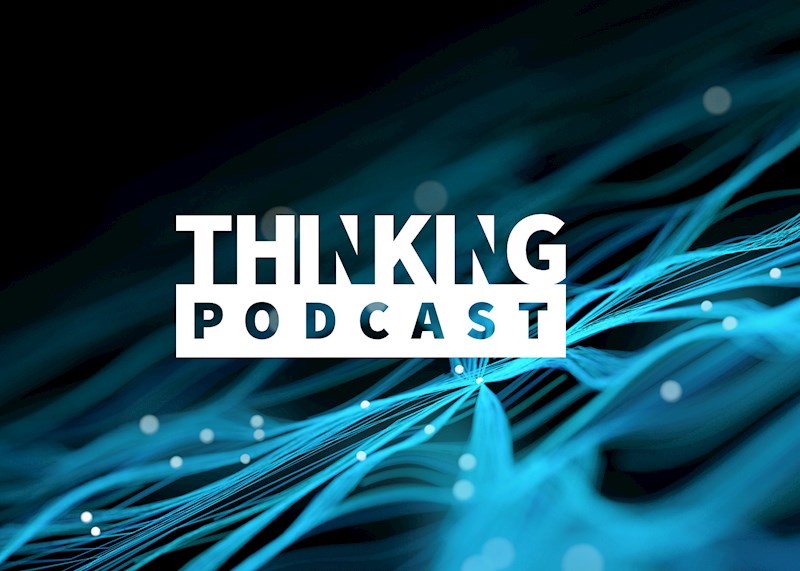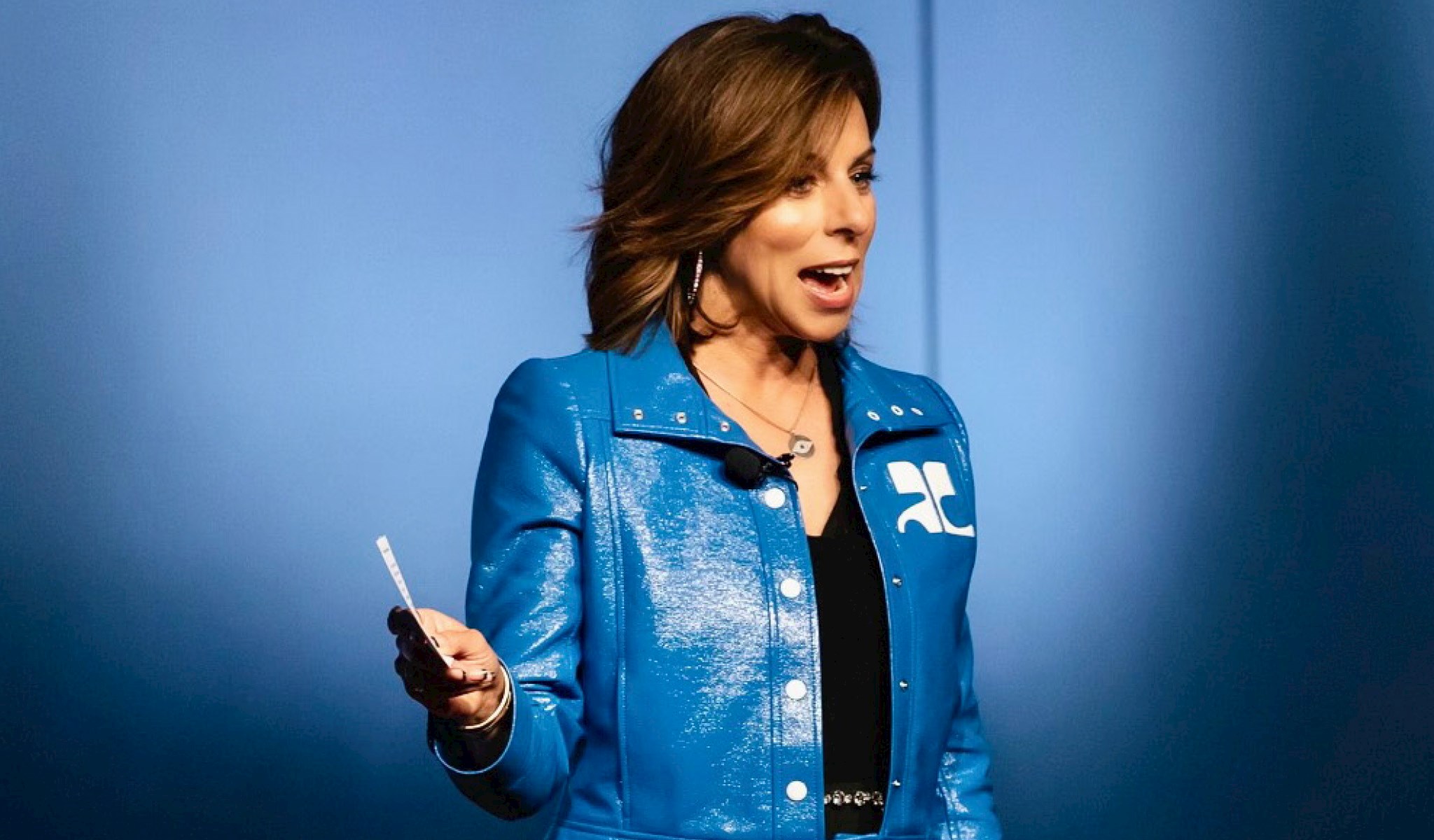It is the small acts of courage employees demonstrate every day that can help build inclusive workplaces and thriving businesses, entrepreneur and CEO of Bonfire Suzanne Muchin told colleagues during William Blair’s Courageous Conversations event held on October 18.
Too often, we think courage needs to be big grand gestures, Muchin says, but many times it comes by putting ourselves out there, proposing something new or asking a tough, pointed question. It also takes courageous leaders to create a space in which all employees rise and are thriving.
“Engaged employees feel an emotional commitment to their workplace and take actions to ensure its success,” she adds. “Having engaged and empowered employees is the bedrock of the culture and a culture of inclusion.”
Courageous Conversations Series
Muchin co-founded Bonfire, a talent accelerator created to ignite the power of women in today’s workforce, in 2019. She also is a clinical professor on the faculty at the Northwestern Kellogg School of Management and a leader in Chicago’s entrepreneurship community working with some of the city’s most well-known organizations and initiatives, including 1871, MATTER, Impact Engine, and P33.
She was one of a series of prominent speakers featured during William Blair’s Courageous Conversations talks, which the firm introduced in 2018 to expand perspectives and nurture an inclusive workplace. World-renowned environmental scientist Dr. Jonathan Foley kicked off the 2022 series with his talk on solutions to sustain the world’s climate, ecosystems, and natural resources.
Muchin says that a workplace culture transforms when the ideas, initiatives, and decisions of leadership and its employees come together—a phenomenon that she describes as “top-down meets bottom-up.”
“What’s true here is the ‘we’ of the collective matters,” she says. “Transformation occurs when we actually marry top-down and bottom-up.”
Citing several employee-engagement studies, Muchin says transformation is a priority among leaders of organizations but often their initiatives don’t create the change they hoped for. That’s because there is a tendency to create change through processes, tactics, policies, and so on to introduce skills, programs, deliverables, but they don’t take into account how people want to feel at work and end up failing.
In one study of 40,000 workers, the top words employees used to describe how they wanted to feel at work were—understood, seen, respected, and appreciated.
“These are words of inclusion,” Muchin says. “People are saying we want work to feel more human.”
Unhappiness among workers can take a significant toll on productivity. That was the case during the Great Resignation when employees resigned from their jobs en masse beginning in early 2021. This has been followed by another trend known as “quiet quitting,” a reference to employees minimizing their efforts while staying in their jobs.
Five Small Acts to Create More Engaged Cultures
Muchin suggested five ways to create more engaged cultures, where work can work for more people through individual human acts, every day. They are:
Slow down. So many times we keep moving even when the events of a day didn’t feel quite right. Instead of glossing over those feelings, it takes courage to pause, evaluate, and engage with others to make a change and help build inclusive cultures.
Amplify the voices of others. In creating inclusive cultures, it is essential that diverse voices be heard in meetings and are amplified by others in the room. So give others the floor, notice it, and repeat the comment.
Have will and skill. It takes both will and skill to build a culture where we feel valued, appreciated, empowered, and excited to start every day.
Pay as much attention to what people are feeling and thinking as we do to strategy. While company outputs come in the form of deliverables, financials, data, P&L statements, and so on, it is critical to remember that under each one of those outcomes is a human being. It’s difficult to execute all that hard strategy without taking into account how people are thinking and feeling.
Resist the currents that pull us toward convention. Perform small everyday tasks—such as pausing to acknowledge a colleague’s email, giving someone an opportunity to speak during a meeting, saying hello to a colleague in the elevator—that make people feel understood, seen, respected, and appreciated.
“These are little micro decisions and they make all the difference when we talk about inclusion,” Muchin says.



